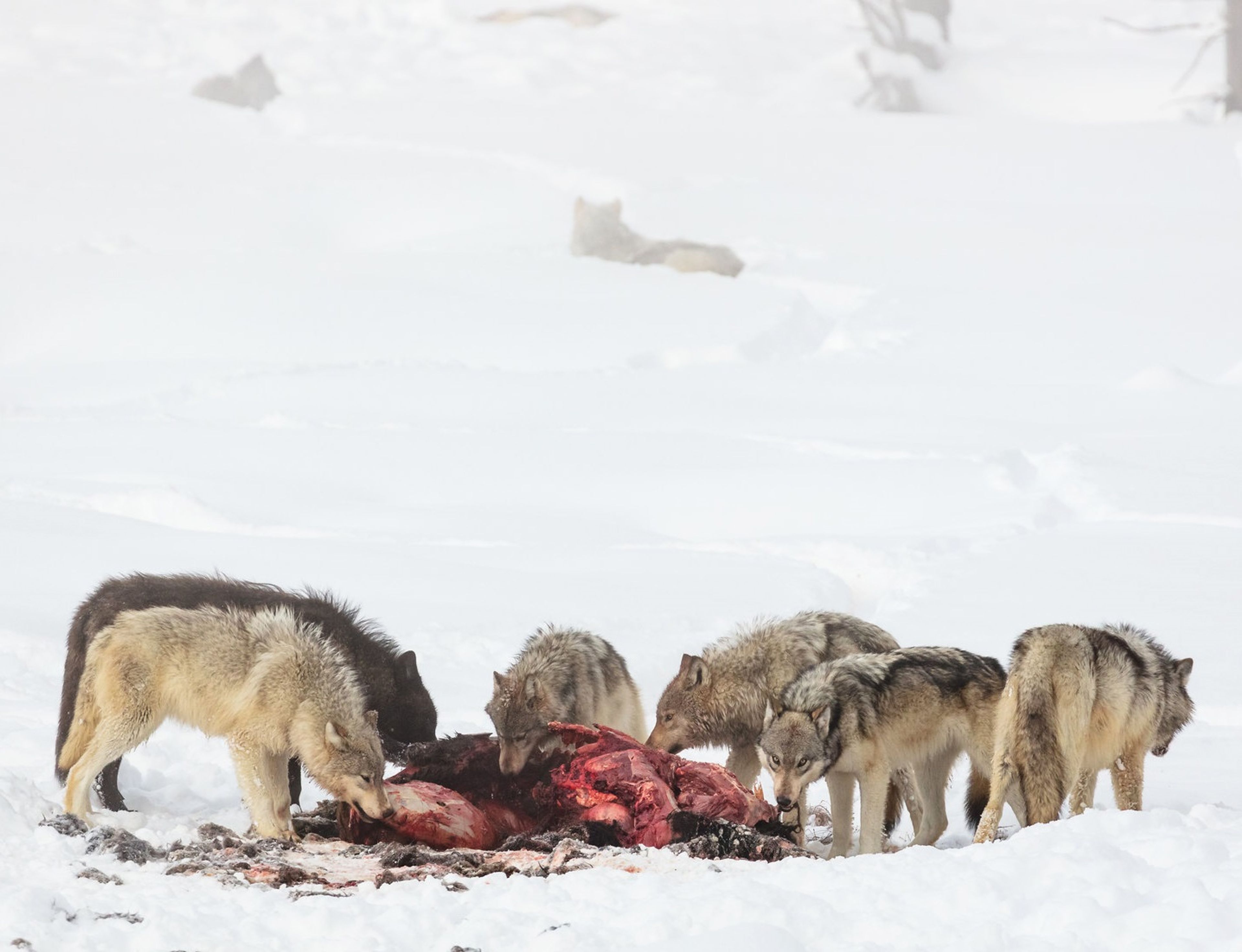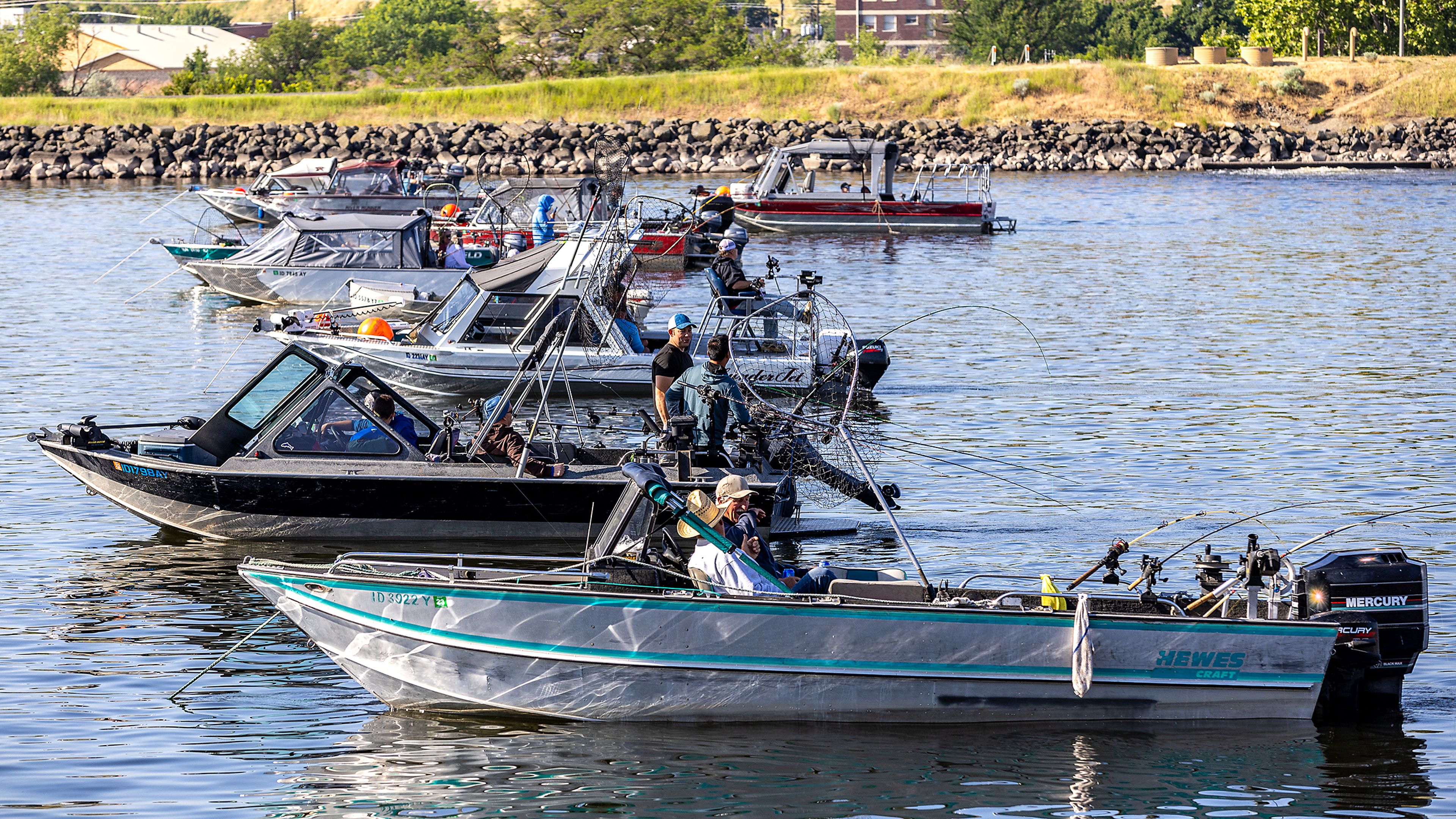Idaho men face charges for alleged hunting tag scheme
Court documents reveal alleged scheme to market Landowner Appreciation Program tags
Men charged for allegedly trying to manipulate Idaho’s hunting tag system
A southern Idaho man accused of dozens of hunting violations, including a scheme to purchase and market hunting tags, illustrates the many ways that wealth can be used to manipulate a system designed to be egalitarian.
Karl W. Studer, of Rupert, was charged in Twin Falls County District Court in July with more than 20 violations of Idaho hunting regulations, including six felonies for allegedly poaching trophy elk, moose and pronghorn. Studer and Kevin Sielaff were also charged with harassing (Idaho code refers to it as molesting) wildlife. The two allegedly made numerous flights in Sielaff’s helicopter to scout deer and elk in southern Idaho hunting units. During those flights, the men allegedly caused the animals to flee and sometimes interrupted the lawful hunts of other people.
It’s serious business and the allegations are ugly. The men are also accused of using air-to-ground communication to convey the location of animals to hunters.
But it’s some of the other misdemeanor charges that have raised both the eyebrows and hackles of hunters.
Wildlife is considered a public trust in Idaho and other states. Game animals belong to the state and thus the people, even when those animals live on or are temporarily present on private property.
Idaho makes hunting tags available to its citizens through a complex system. People can purchase over-the-counter tags or apply for highly coveted tags. They can also enter lotteries to win a handful of special tags known as super hunts.
While wildlife is a public resource, the state does reward some large property owners for providing habitat for species like deer and elk. The Landowner Appreciation Program allows people who own at least 640 acres that contain habitat for big game animals to apply for special hunting tags. Landowners who receive the tags, can use them or designate them to somebody else. But they can’t sell the tags. They can however, give the tags to somebody and then charge that person an access or “trespass” fee.
Idaho Fish and Game conservation officers, responding to complaints about a red and white helicopter harassing game, eventually sought and received several search warrants giving them access to the cellphones of Studer, Sielaff and a handful of associates, and all the relevant text, location and mapping data the devices held.
They said Studer spent wildly — nearly $115,000 on Idaho’s lottery for 2023 super hunt tags. He won super hunt tags for deer, pronghorn, moose and elk that allow the holder to hunt in any open unit of the state. No crime there but the state alleges he later used tags belonging to other people instead of his own when he shot deer, elk and moose. The amount of money he spent on super hunt tags illustrates his desire to pursue the state’s monster bucks and bulls in places like hunting units 45, 48 and 52 in southern Idaho’s high desert.
But investigators allege he went further to secure hunting tags to those places. According to charging documents, Studer paid multiple people, some of whom were also charged, a total $153,000 for various elk, deer and pronghorn Landowner Appreciation Program tags in units 54, 52A, 45, 48 and 52.
In one exchange Studer allegedly discusses the possibility of “flipping” one of his tags.
While landowners can charge hunters a fee to hunt on their property, investigators said none of the data they obtained indicated the money alleged to have changed hands was for anything but tags.
“Of note, at no time during any tag purchase discussions where they discussing trespass fees. The discussion centered around tags and not trespass rights or fees,” investigators wrote in court documents.
The Idaho Legislature has at times attempted to allow landowners to sell the tags they received. But those efforts have not been successful.
Studer is scheduled to appear at a preliminary hearing Friday.
Barker may be contacted at ebarker@lmtribune.com or at (208) 848-2273.








